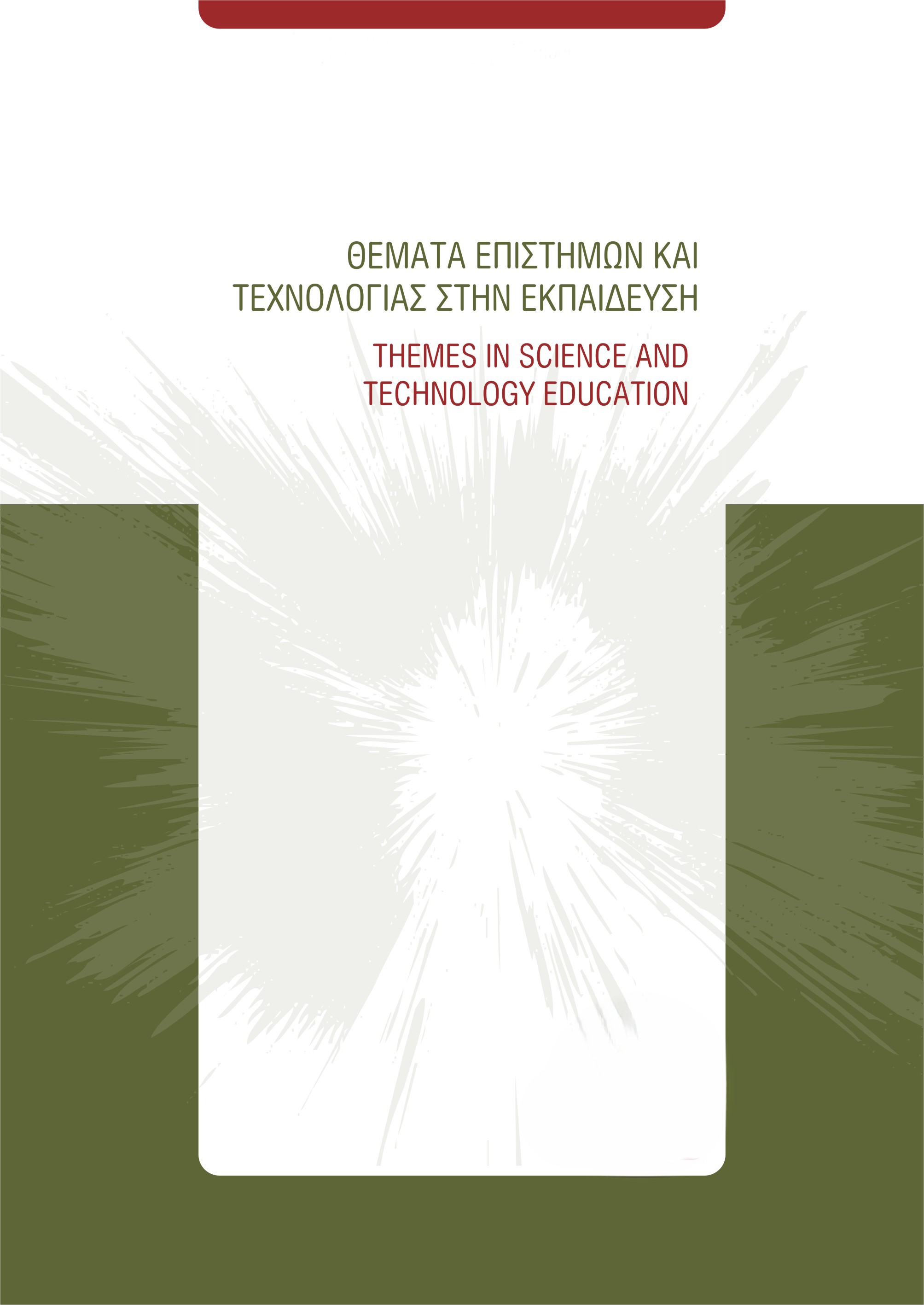Συστήματα αξιολόγησης της Υπολογιστικής Σκέψης στην εκπαίδευση: Βιβλιογραφική επισκόπηση

Περίληψη
Το ενδιαφέρον για την Υπολογιστική Σκέψη (ΥΣ) αυξάνεται παγκοσμίως τα τελευταία χρόνια. Παρότι δημιουργείται υλικό για την ανάπτυξή της και προτείνονται προσεγγίσεις για την αξιολόγησή της, δεν υπάρχει ακόμα κοινά αποδεκτός ορισμός. Η αξιολόγηση της ΥΣ αποτελεί απαραίτητη προϋπόθεση για την επιτυχή εισαγωγή της σε προγράμματα σπουδών. Το άρθρο αυτό αποτελεί μια επισκόπηση των ερευνών που έχουν γίνει τα τελευταία χρόνια για την αξιολόγηση της ΥΣ. Οι έρευνες που μελετήθηκαν, ανάλογα με την προσέγγιση που χρησιμοποιούν, κατηγοριοποιήθηκαν σε τρεις ομάδες: α) αξιολόγηση της ΥΣ σε συγκεκριμένα προγραμματιστικά περιβάλλοντα, β) με κριτήρια αξιολόγησης ΥΣ και/ή ψυχομετρικά εργαλεία, και γ) με πολλαπλές μεθόδους αξιολόγησης της ΥΣ. Τα κυριότερα προβλήματα στην αξιολόγηση της ΥΣ είναι η αδυναμία κάλυψης όλων των εννοιών κι ηλικιών των μαθητών και η σχετική ανεπάρκεια των εργαλείων να αξιολογήσουν αυτόνομα κι επαρκώς την ΥΣ. Από τη βιβλιογραφία προκύπτουν προτάσεις για αξιολόγηση της ΥΣ, ενώ η χρήση πολλαπλών μεθόδων αξιολόγησης συνεχίζει να είναι η πλέον ενδεδειγμένη και έγκυρη προσέγγιση.
Λεπτομέρειες άρθρου
- Πώς να δημιουργήσετε Αναφορές
-
Πουλάκης Ε., & Πολίτης Π. (2019). Συστήματα αξιολόγησης της Υπολογιστικής Σκέψης στην εκπαίδευση: Βιβλιογραφική επισκόπηση. Θέματα Επιστημών και Τεχνολογίας στην Εκπαίδευση, 12(2), 99–119. https://doi.org/10.12681/thete.39993
- Τεύχος
- Τόμ. 12 Αρ. 2 (2019)
- Ενότητα
- Articles





